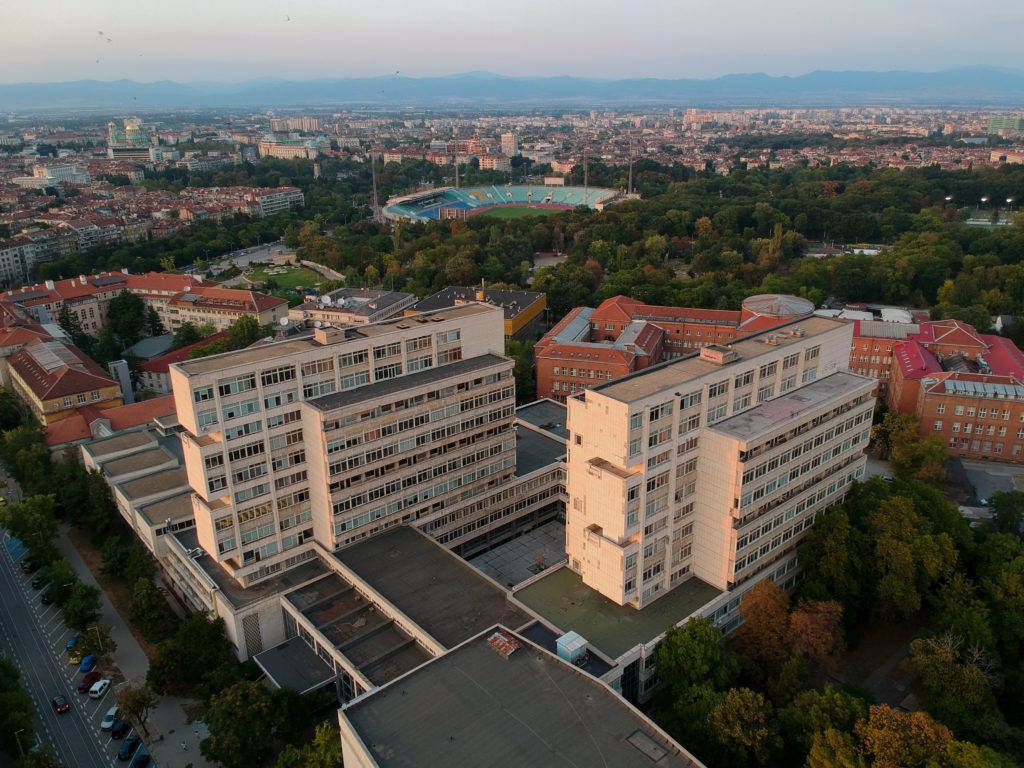Bulgaria has developed into a top destination for higher education in Europe throughout time. In reality, Bulgaria has attracted hundreds of students from around the world for a variety of reasons, including its advanced higher education system, pleasant environment, climate, and rich cultural history. Universities in Bulgaria have a wide range of specializations, including mathematics, computer science, engineering, chemistry, biology, languages, etc. Additionally, the enrollment process is straightforward. In this South-East European nation, you are therefore most welcome.

System of higher education
The higher education system in Bulgaria is made up of universities, colleges, and specialized schools. There are therefore 51 institutions in total, of which 37 are public. The majority of these can be discovered in Sofia, Blagoevgrad, Bourgas, Varna, Veliko Tarnovo, Gabrovo, Dolna Metropolia, Pleven, Plovdiv, Rousse, Svishtov, Sliven, and Stara Zagora, among other places. Languages other than English are also used to teach the courses, including German, French, and Bulgarian. There are both part-time courses lasting four years and short-term courses lasting three years. Five years of study are necessary for a master’s degree. In fact, upon completion of a general or specialized study program, the majority of universities award diplomas, bachelor’s, master’s, and doctoral degrees.
The Plovdiv Agricultural university
In the Bulgarian city of Plovdiv, the Agricultural University of Plovdiv was established in 1945. It has improved its standing as Bulgaria’s national hub for agricultural education and research. The Agricultural University of Plovdiv received institutional accreditation and the top grade of “Very Good” from the National Evaluation and Accreditation Agency in 2006. The institution offers education leading to bachelor’s, master’s, and doctoral degrees. Foreign applicants who have completed the Bulgarian language preparatory training may enroll in classes in Plovdiv.
Virtual university in Bulgaria
In 2004, the Bulgarian Virtual University (BVU) was founded. The council of rectors of the Bulgarian Academy of Sciences, the higher certifying committee, the teachers’ union, the federation of scientists’ unions, the Bulgarian Association of Information Technologies, and other academic, research, and commercial groups took the initiative. The Rectors of 37 universities and the heads of 27 institutes of the Bulgarian Academy of Sciences signed the agreement to establish the BVU.
The Ruse university
In the Bulgarian city of Ruse, there is a public university called the University of Ruse. The higher institute of mechanical engineering, mechanization, and electrification of agriculture was dissolved on July 21, 1995, creating the university with a 12 November 1945 founding date. This was the country’s first higher technical institution outside of Sofia. The University of Ruse employs 85 assistants with doctoral degrees in science, 177 docents, and 31 professors. The University of Ruse’s history and location dictate its strategic position as the intellectual, scientific, and educational hub of northeast Bulgaria and the Ruse area on a national and international scale. There are two auxiliary buildings at the university in Silistra.
The Institution of Economics – Varna is a public university with an emphasis on economics studies that is situated in Varna, Bulgaria. The National Evaluation and Accreditation Agency has granted the University accreditation.
Varna University of Economics
The University is a prestigious institution of higher learning with a lengthy history and unique traditions. It was first known as the Higher School of Commerce when it was established on May 14, 1920. It was established in 1888, making it the second-oldest economic sciences institution in Bulgaria after Sofia University, which is the oldest in the Varna region. Over 11,000 students, including international students, are enrolled at UE-Varna. The University of Economics, Varna houses four faculties (Finance and Accounting, Economics, Computer Science, and Management), a language department, and a college of tourism. By completing short-or long-term courses and language lessons provided by the Lifelong Learning Center, students can increase their specialization and broaden their professional abilities.

